In today’s intense world, meditation for stress and anxiety is picking pace as one of the most vital means of managing the mental health of a human being. This practice offers an easy, but efficient means of coping with demanding schedules, job stress, or other problems. Meditation assists its adherents to regain focus, remove anxiety and let the overloaded brains take a break and engage in self-reflection. Meditation as a process linked with deep breathing, guided practices, and mindfulness exercises works as an effective tool for achieving deeper emotional health and better resistance to stress and anxiety in people, which makes meditation a unique weapon against the challenges of modern everyday life.
What is Meditation?
The practice of meditation is several hundred years old and have been shown to lower stress levels, enhance concentration, and boost one’s health. To a large extent, meditation for stress and anxiety makes learners escape the cascading thoughts dominating their mind in the present pulse. They can be basic procedures including control of breath, use of imagination, or practicing meditation.
The Science Behind Meditation for Stress and Anxiety
The latest research suggests that when taking meditation for stress and anxiety can have some of the most significant impacts on the human brain. Scientists have revealed that frequently practicing meditation helps to decrease cortisol, prominently known as stress hormone, and decrease amgydala’s functionality which in most cases is associated to the fight or flight syndrome. In doing so this causes greater levels of emotional regulation and a decrease in anxious feelings over time.
How Meditation Works for Anxiety
Sometimes people feel so anxious, that their fight or flight response is activated in the body. This is usually associated with panting, tachycardia and rigidity of muscles although these are general symptoms of stress. During pranayama for stress and anxiety, you will need to focus on the effect of the relaxation response that happens in your body when engaging the PVN. It is a chance to bring your body back down so that the physical symptoms of anxiety and stress are minimized.
Meditation for stress and anxiety is most effective where there is persistent worrying. Mindfulness helps you be aware of your thoughts, which stops the negative train of thought that often follows a negative initial thought.
Different Types of Meditation for Stress and Anxiety
There are several meditation techniques to explore, each with its own benefits:
- Mindfulness Meditation: Focuses on the present moment and cultivates awareness.
- Loving-Kindness Meditation: Fosters compassion and positive emotions towards oneself and others.
- Guided Meditation: Involves a guide or audio to lead you through relaxation exercises.
Each technique can be tailored to your personal preferences, making meditation for stress and anxiety an adaptable practice that fits into your life.
Alchemy Energy Healing and Meditation
Although using meditation for stress and anxiety can be life-changing, a few individuals take other practices like alchemy energy healing in their meditation sessions. This includes using the traditional aspect of healing that deals with energy within the body, with enhanced use of meditation that brings deeper level of comfort.
How a Life Coach India Can Help with Meditation
When you begin the meditation process, you may receive the extra guidance of an life coach India. Life coaches exist to assist people to transform and address inner conflicts, and are therefore helpful to those who are seeking to include meditation for stress and anxiety in their regimes.
Goals can be set with the help of a life coach and a life coach can check on the progress and set a special meditation practice that is right for a certain person. It can also provide resources and recommendations to help you may keenly and purposefully progress toward attaining serenity.
Meditation for Stress Relief: A Tool for Life Counseling
Incorporating meditation for stress and anxiety into life counseling can work holistically to help the clients. Currently, most therapists encourage patients to meditate as an additional approach to a more comprehensive treatment for anxiety and stress. Some of the techniques that involve the use of counseling include the usual talk therapy but the patient is taught to be mindful of his emotions and therefore avoid the feeling that leads to self-harm.
The Role of Healing Stone Therapy
An equally interesting factor worth exploring is healing stone therapy. Although not associated with meditation these crystals and stones are said to enhance the effects of meditation by providing a sense of spiritual balance and healing. Amethyst, rose quartz and lapis lazuli are some of the most common stones found that are used to improve the emotions during meditation.
Family Constellation and Meditation
Family systems are an important determinant of psychological well being in every person. Family constellation therapy together with meditation assists those individuals who have unresolved traumatic feelings that stem from the family relationship systems. What meditation does for people is helps to face and work through all these emotions, therefore giving the person a chance to heal and transform.
The Importance of Consistency
As with any practice, the most important aspect for effectively using meditation is to do it regularly and on the regular basis for stress and anxiety relief. Whether you do 5 minutes of meditation in a day or an hour, the more you do it, the easier it turns into a habit. Praying at least thirty minutes daily will hence establish a good working structure for the rest of the day with sufficient headspace to tackle life issues.
Meditation for Stress and Anxiety: A Path to Inner Peace
Meditation for stress and anxiety help in the attainment of personal contentment as well as mental well-being. The attention on the present time helps to minimize distractions, stress and contributes to physical and psychological health of a person. Starting from the processes at the level of the brain, meditation daily reduces stress levels by decreasing stress hormones and improves the protective factors that enable successful coping with adversities. It is quite possible relying on a simple technique of meditation or breathing exercises, this planned path makes way for a definite and far-fetched step towards a mental freedom free from pressures of common life.
Conclusion
Meditation for stress and anxiety is a simple and effective technique to work through emotional issues effectively develop a relaxed feeling. Although it is not a panacea, people receive their benefits and improve their mental conditions, which contributes to reducing tension. This seems to enfranchise people to take a moment in their daily stresses, and then come up with constructive ways to handle life issues. When individuals meditate, they notice that they are taking the first step toward the positive change of their lives and are ready to use functional strategies to live healthier and more productive lives.
FAQs
How to meditate to relieve stress and anxiety?
Meditation is a wonderful way to combat stress and anxiety, so if you want to meditate, choose a calm area and get comfortably reclined. Lie down on your bed and try to relax yours yourself by winding your neck and shoulders, taking deep breaths. When a thought comes up, simply recognize it and take no consideration of it and move back to your breathing. You may also use guided meditations or other forms of trying mindfulness for improving relaxation. Routine is important—spend 15 minutes a day on it at least. In the long run, meditation leads to reduction of stress and brings about positive change in the emotional well-being of the meditator.
How to deal with excessive stress and anxiety?
To cope with stress and anxiety erect a plan on how to handle stress and anxiety; maintain a stress diary, a to-do list of stressful situations, engage in self-care practices. Do breathing exercises, or try practicing Mindfulness or meditation to clear your mind and to alleviate tension. Practise exercise and exercise at regular times, maintain a proper diet, and get enough rest. Talk to friends and/or family members about how these changes make you feel and consider seeing a therapist if the situation appears to be unbearable. A large task can be overwhelming: this can be solved by breaking the task into many subtasks and serve the goal or aim without reaching overload. Taking up relaxing hobbies and avoiding caffeine or screens before bedtime also helps in ways to enhance their physical and mental health.
What is really good meditation for anxiety?
An effective technique of meditation for anxiety is mindfulness meditation. This includes concern on breath and feelings which assists in overcoming rapidly thinking and decreasing anxiety. Another relaxation method is the so-called body scan meditation, in which a person mentally ‘wanders’ through his body and broadcasts relaxation signals to all his muscles. These can be obtained through apps or on the web and will offer more direction in the exercise. Prayer a form of exercise, builds up those emotional abilities needed for dealing with particular scenarios and also creates a feeling of order and relaxation that is essential for getting rid of anxiety.
What is the 3-3-3 rule for anxiety?
Awareness meditation is typically a very efficient approach to dealing with anxiety. This helps to reduce the rate of thinking and addressing anxiety by learning to focus on breath and thoughts but not reacting to them. Other relaxation techniques include the body scan meditation where an individual mentally, scans their body with the aim of provoking relaxation in every part of the body. Stillness and mindfulness exercises, which can be accessed on applications of smartphones or the internet, are also available. Practicing relieves anxiety since it improves the ability to manage emotions, increases a feeling of mastery and reduces tension in general.
How to reduce stress and anxiety?
In order to avoid stress and anxiety perform the exercises that help you to concentrate on present moment such as mindfulness or meditation. Exercise in order to relieve tension and get rid of bad thoughts. Eat proper meals, have proper sleep and avoid foods that have caffeine or alcohol. The stress can be reduced within minutes through deep breathing While hobbies and being in nature help set the stress aside. Maintain a healthy connection with your friends and family members and do not hesitate to turn to them for help if necessary. Another possibility to reduce expected pressure and gain control is to split a comprehensive task into several components and not to overload oneself with work.

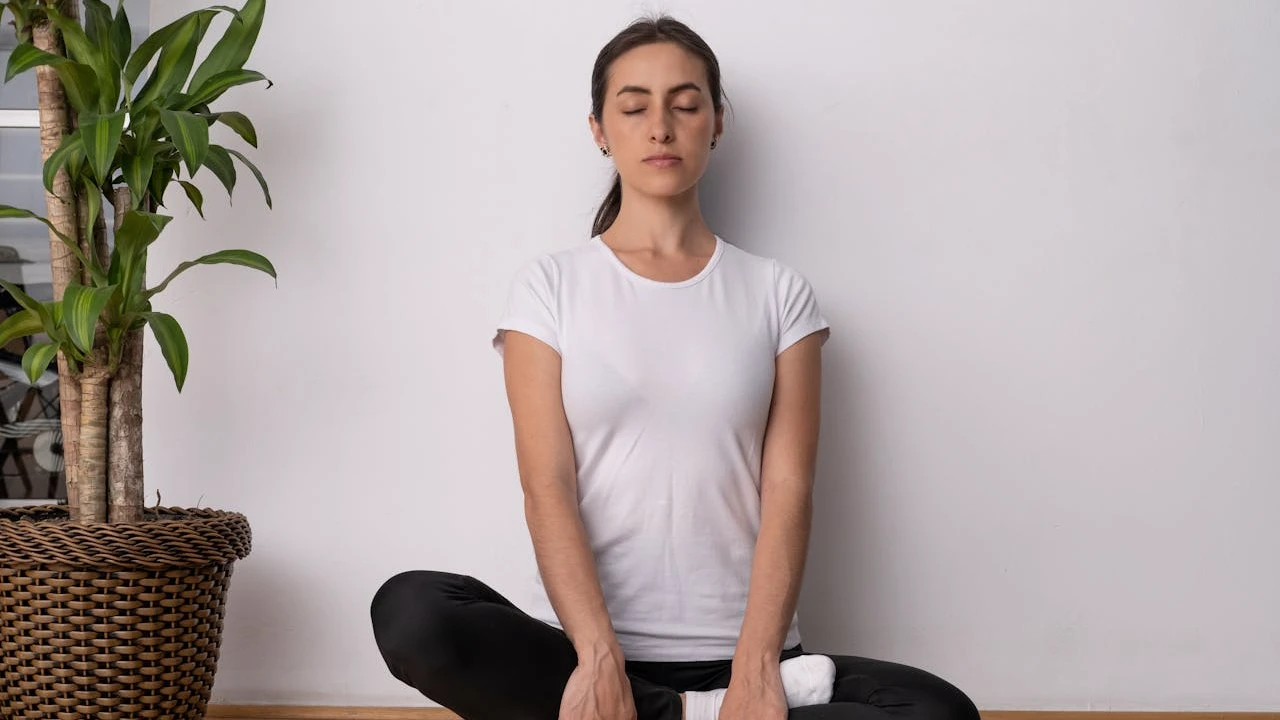
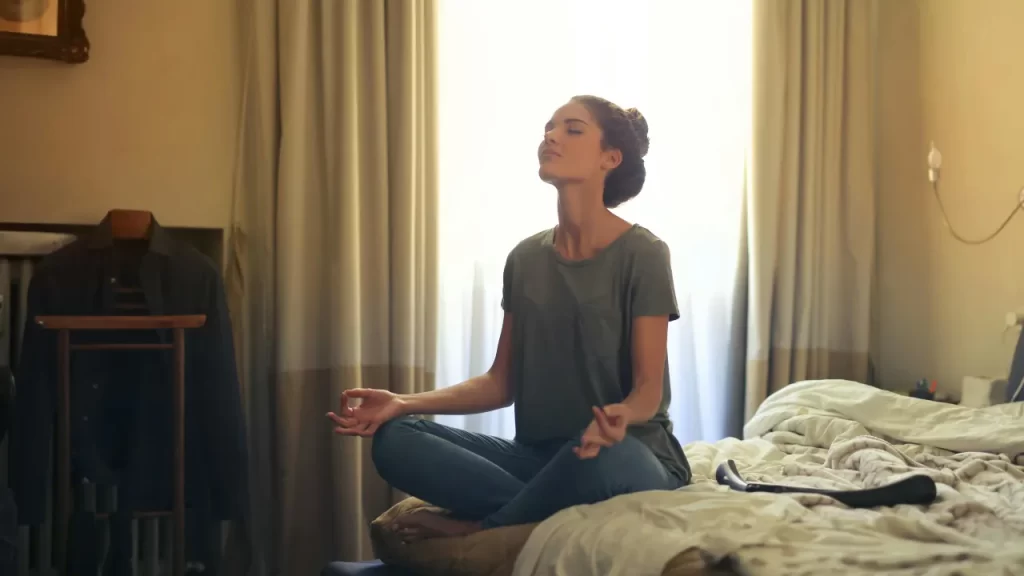
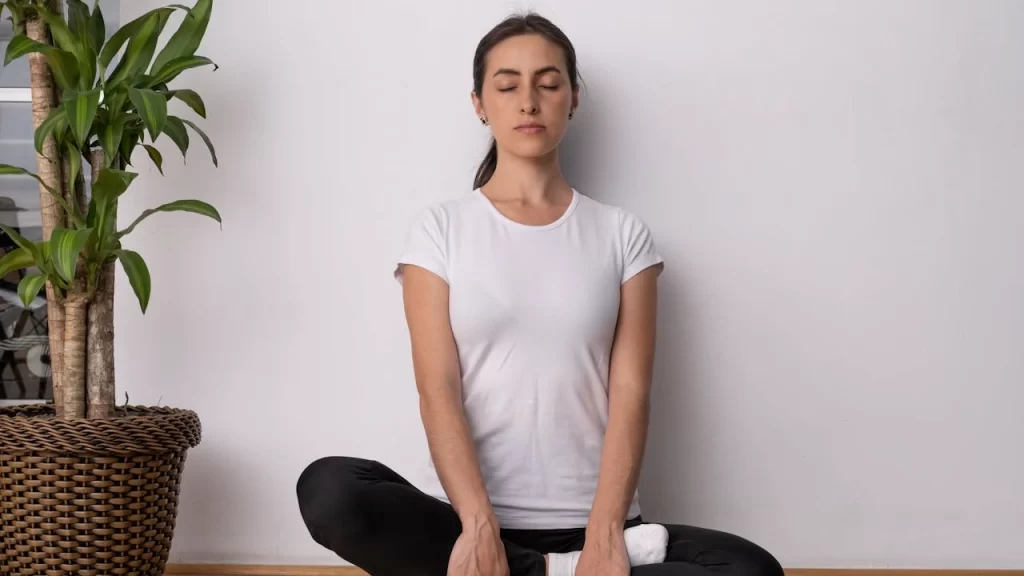
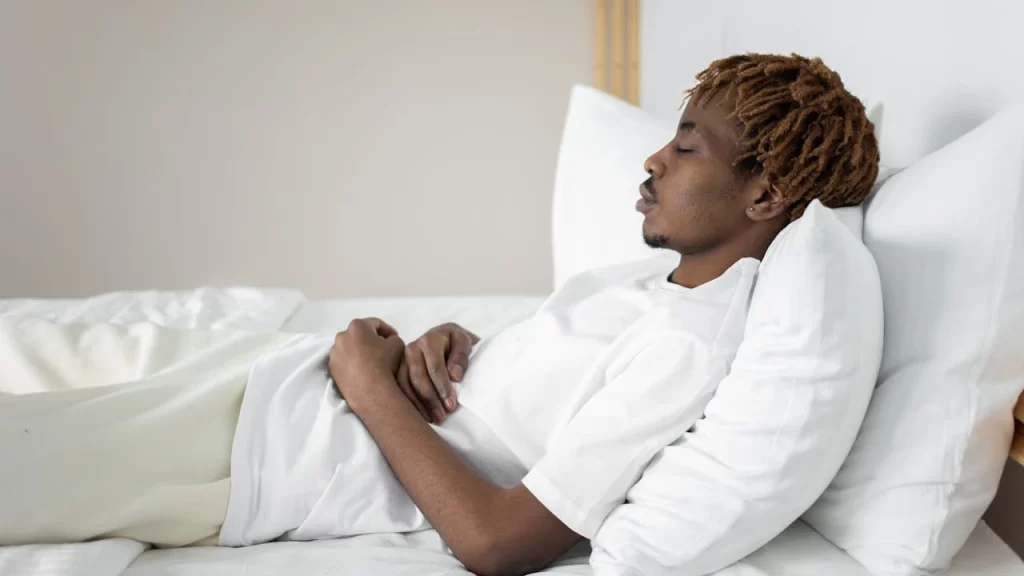

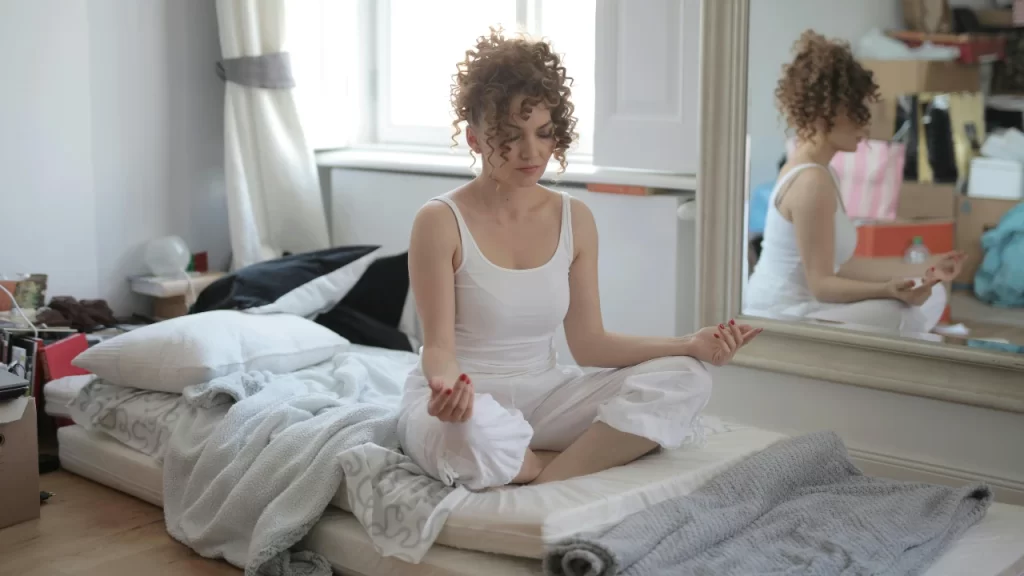
Leave a Reply